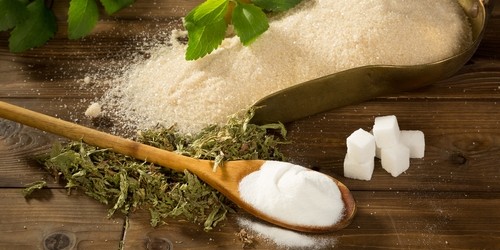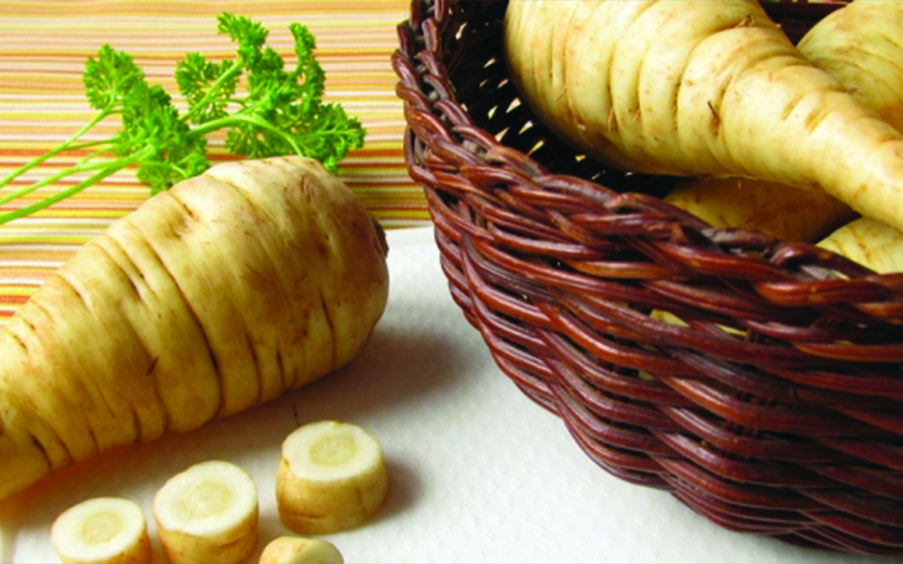After bursting onto America’s nutrition radar over the past few years, the coconut—in its wide variety of forms—has retained its superstar status. That’s partly because it’s incredibly versatile, but also because of its health-boosting nutritional profile.
Why It’s Good for You
Coconut meat is rich in fiber, iron and manganese. Coconut water provides ample fiber and electrolytes, making it a popular sports drink. Coconut oil contains medium-chain fatty acids, which are thought to be better for your heart than other forms of saturated fats.
The Many Faces of Coconut
Coconut appears on store shelves in many forms. And unless excessive sugar or other ingredients are added, they are all good for you. Here’s the rundown.
Coconut meat: the white, fleshy, inner layer of a coconut. Use it for: trail mix, stir-fries, salads, smoothies, eating plain
Coconut water: the clear liquid found inside young, green coconuts. Use it for: smoothies, soups, baking, oatmeal, marinades
Coconut milk: a liquid made by grating coconut flesh and mixing the resulting substance with water. Use it for: curries, stir-fries, lattes, smoothies, drinking plain
Coconut oil: oil extracted from coconut meat. Use it for: high-heat cooking (especially for refined oil), baking, salad dressings, as a skin or hair moisturizer
Coconut sugar: dehydrated coconut nectar from coconut flower blossoms. Use it for: a slightly healthier substitute for refined white sugar; for baking, you can make a cup-for-cup swap, but coconut sugar is earthier and less sweet than refined, so be prepared for a taste difference
Coconut flour: a byproduct of the coconut-milk manufacturing process Use it for: subbing out about 20–25 percent of regular flour in baking (note: coconut flour absorbs a lot of liquid, so you may have to increase the wet ingredients)
Coconut vinegar: derived from fermented coconut water. Use it for: salad dressings, marinades, sauces
Did You Know?
A coconut is not a nut at all, but rather a drupe (aka stone fruit)—a fruit whose flesh surrounds a seed. Other drupes include olives, mangoes and peaches.
Refined vs. Virgin
There are two main kinds of coconut oil—which should you choose?
Refined oil comes from copra, a term for dried coconut that has been removed from its shell. It is then usually “RBD”: refined, bleached (not usually with chemicals, but by filtering) and deodorized. Expeller-pressed oils are similar, but they use a physical rather than chemical process to refine the oils.
Virgin oils start with fresh coconut meat versus copra—although there’s no enforced standard, so be sure you trust the brand. The oil is then extracted through either a dry or wet process.
So which is better? Both contain the same amount of healthy fats, but virgin oils contain more antioxidants than refined. They also retain a mild coconut flavor, while refined oils have a neutral taste. And be aware: There’s no difference between virgin and extra-virgin coconut oils; “extra” is merely a marketing term.
Yum!
Melt a teaspoon of coconut oil in your next cup of coffee or tea.










Comments